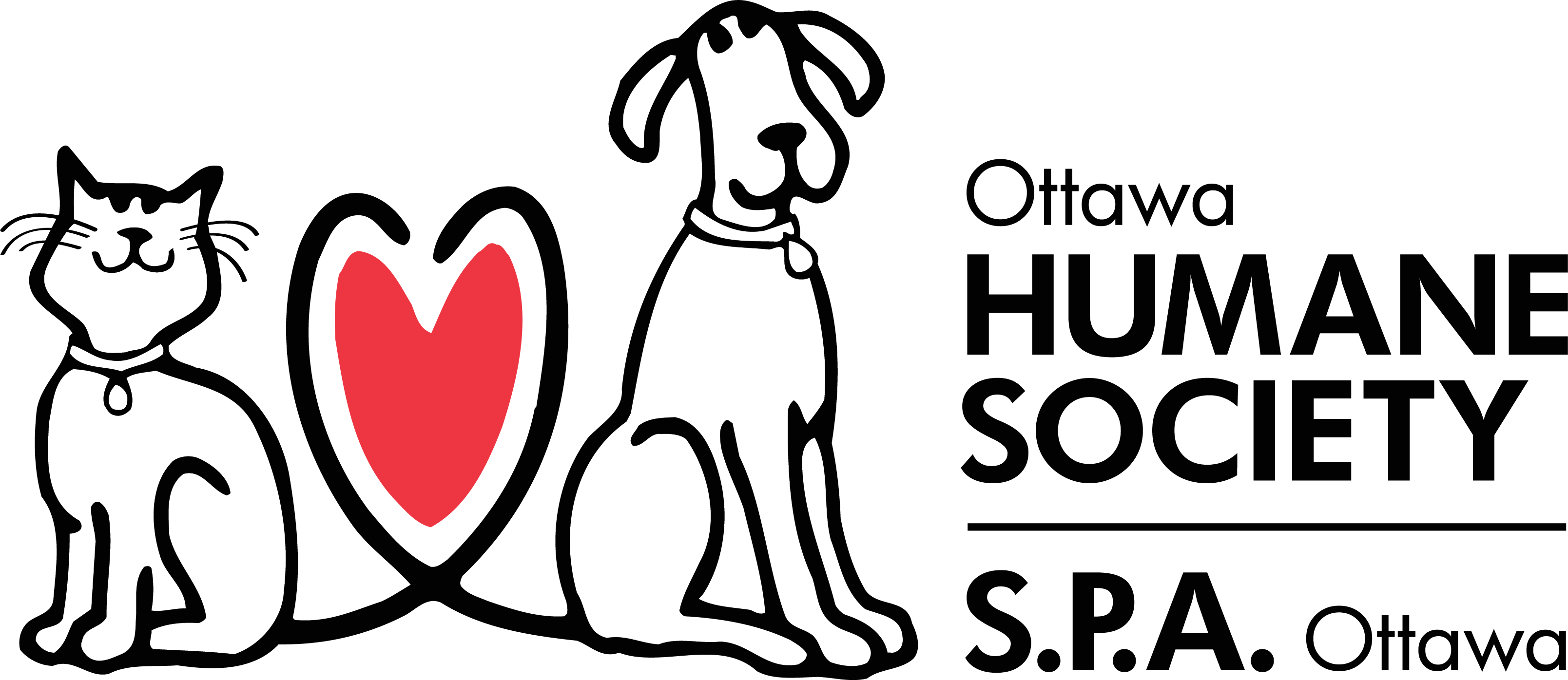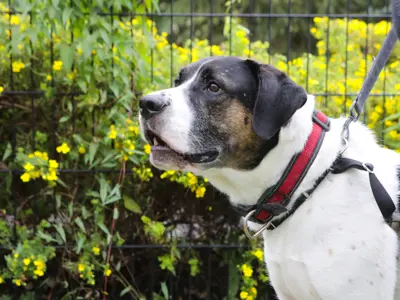Many common household products can be potentially dangerous to dogs and cats. Below is a list of the top 10 pet poisons affecting animals.
Human Medications
Prescription and over-the-counter drugs such as painkillers, cold medicine, antidepressants and dietary supplements can be fatal to animals. Pets often eat pills accidentally dropped on the floor, so it’s essential to keep bottles safely stored in inaccessible cabinets and cupboards.
Insecticides
Keeping your home free of insects can put your pet at risk. And just as important is following proper procedures when applying flea and tick products. Be sure to consult with your veterinarian before beginning any new flea and tick program.
People Food
People food like grapes, raisins, avocado and certain citrus fruit can seriously harm pets. Chocolate, when ingested in significant amounts, can cause vomiting, diarrhea, and even tremors and seizures in severe cases.
Rodenticides
Pets who accidentally ingested rat and mouse poisons can suffer severe reactions. Depending on the type of poison used, problems can include bleeding, seizures and kidney damage.
Veterinary Medications
Even though veterinary medications are intended for pets, they’re often misapplied or improperly dispensed. Be sure to speak to your vet about proper dosage and other instructions any time your pet is prescribed medication.
Plants
Common houseplants such as azalea, rhododendron, sago palm, lilies, kalanchoe and schefflera can be harmful to pets. Lilies are especially toxic to cats, and can cause life-threatening kidney failure even in small amounts.
Chemical Hazards
Chemical hazards found in ethylene glycol antifreeze, paint thinner, drain cleaners and pool/spa chemicals form a substantial danger to pets. Substances in this group can cause gastrointestinal upset, depression, respiratory difficulties and chemical burns.
Household Cleaners
Common agents in bleaches, detergents and disinfectants can be dangerous when inhaled by pets, causing serious gastrointestinal distress and irritation to the respiratory tract.
Heavy Metals
Heavy metals of the non-music variety, such as lead, zinc and mercury, can be poisonous. Lead is especially dangerous, and pets are exposed to it through many sources, including consumer products, paint chips, linoleum, and lead dust produced when surfaces in older homes are scraped or sanded.
Fertilizer
The lure of a green lawn may not be so bright when you consider how much of problem certain types of fertilizer can cause for outdoor cats and dogs. Consider natural alternatives to keeping your yard looking good and your pets feeling great.
*Tips adapted from a list prepared by the ASPCA













